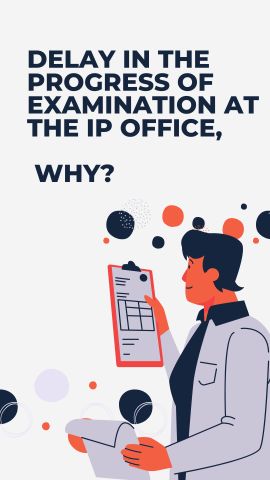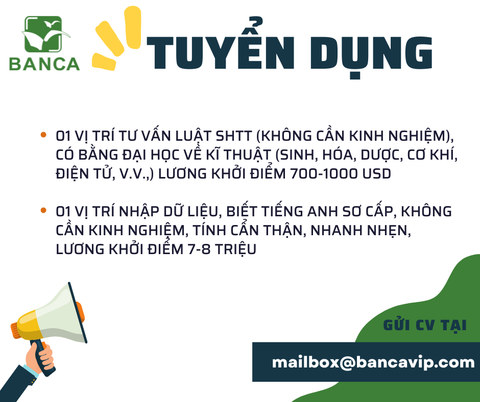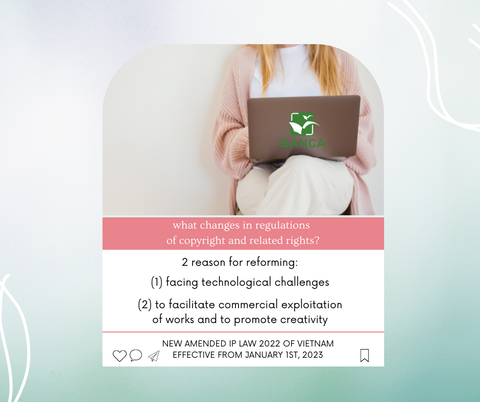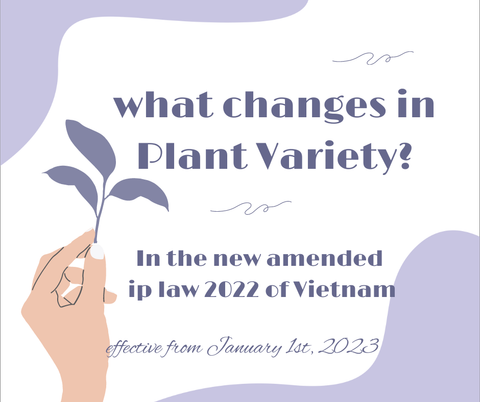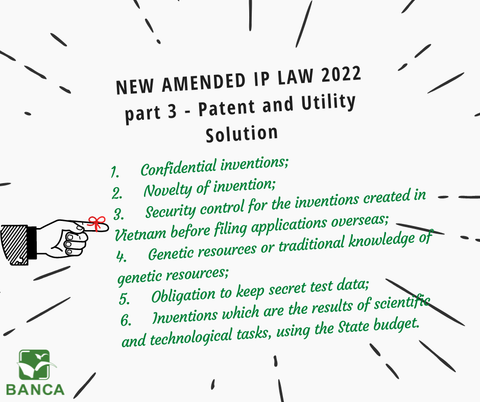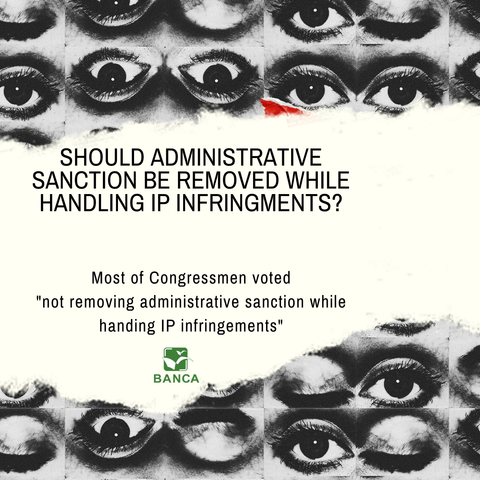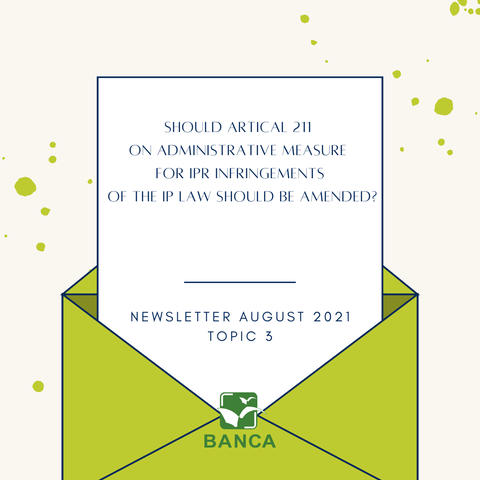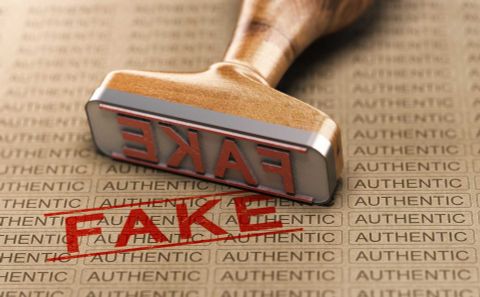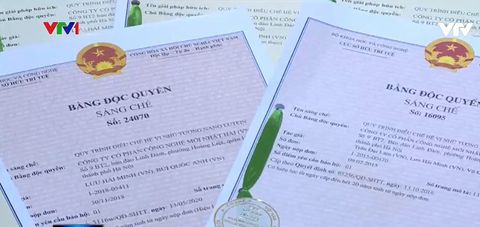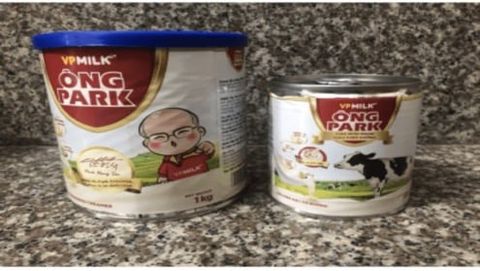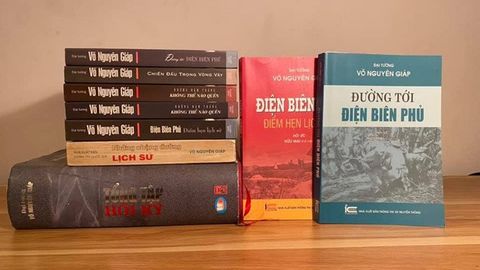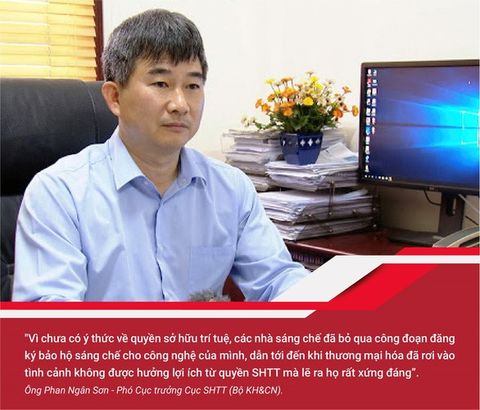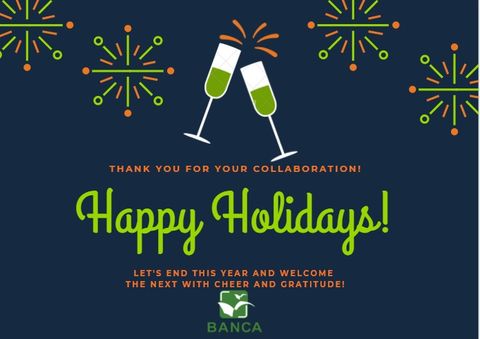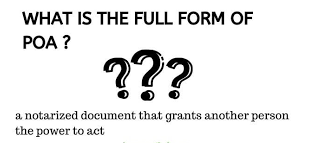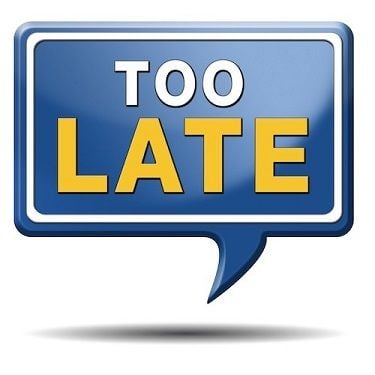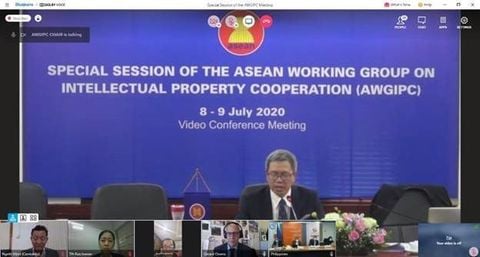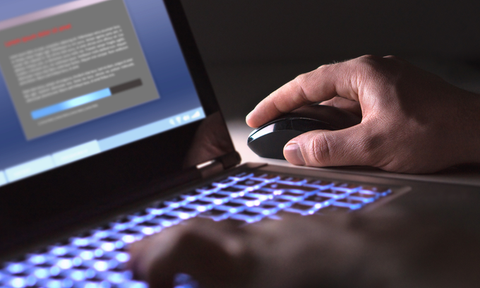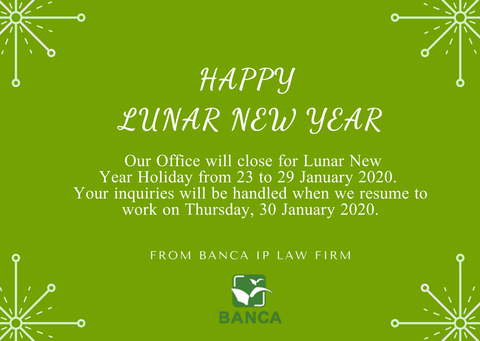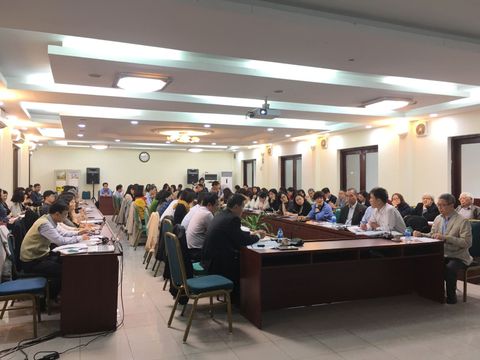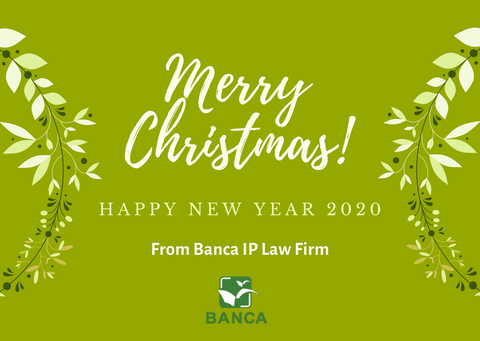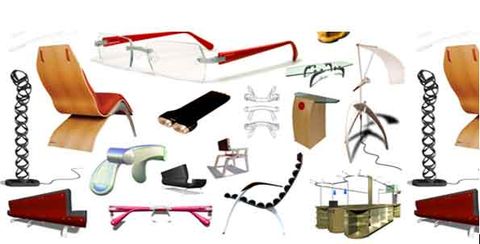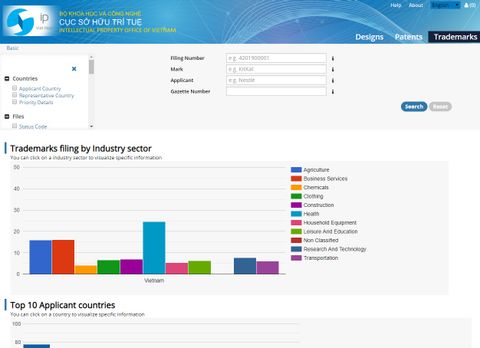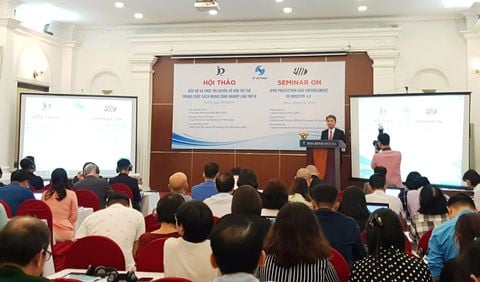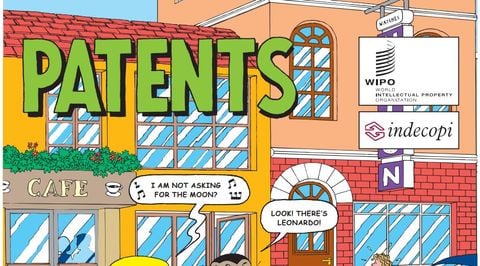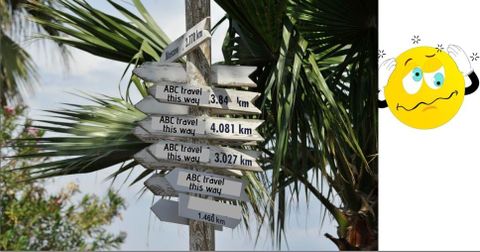
Date: 31-08-2019 by: Banca IP Law Firm
How to get permission to use a song
Copyright is a complicated issue in IP Law, but get it wrong and you could end up in hot water. You might think that if you don’t intend to monetize your video or you’re just making a fan video, or use it in your media plan for your marketing campaign,…you’re in the clear to use copyrighted music on YouTube. But that’s far from the truth.
The fact is that unless your video is only for your personal use (as in, not sharing it anywhere) you must get permission from the copyright holder to use any music on YouTube. This is the best way to not run into any copyright issues – but doing so isn’t always easy. Even just tracking down the owner can be tricky, but this guide will walk you through how to legally use copyrighted music.
What might happen if you don’t get permission?
Best case scenario, if you don’t get copyright permission to use a piece of music in your video, you might be asked to take it down. But you might also face more severe consequences. For example, if you post your video on YouTube, you could get a copyright strike against your account or have the audio on your video muted (and yes, that’s even if you’re just using it as background music in your YouTube videos) Any ad money might be given to the copyright holder, or in a worst case scenario, you could get sued.
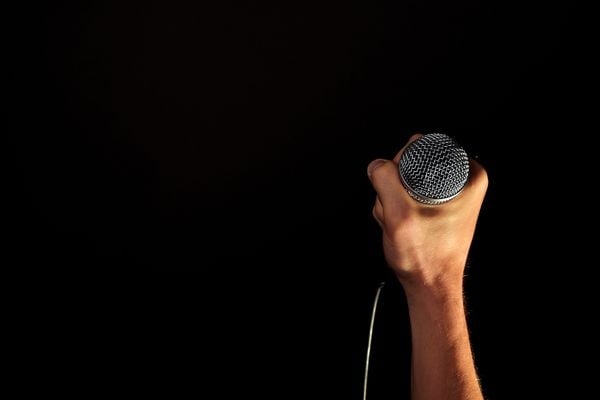
To avoid the legal headaches (and potentially expensive fees and settlements) you’ll need to make sure you have explicit permission from the copyright holder to use any music.
How to get permission to use a song in your video?
The first step in getting permission to use recorded material is determining who owns the copyright of the intellectual property and contacting them.
However, it’s not a matter of just contacting the artist or record label. In fact, there are two (or more) rights owners to a given piece of recorded music — the rights to the written song (including the composer, lyricist, and/or music publisher) and the rights to the particular recording (the record label and performer/s.)
How do you find the copyright owner of a song?
So you want to use music in your video. Often, tracking down the owner and successfully contacting them is the most challenging part of getting permission, but a good place to start is with the music publisher or the record company.
You can often find the contact information for music publishers through performing rights societies, since all professional songwriters and music publishers belong to one of these organizations. Try searching their databases for a given title, if you find the title here, you should also find the contact information for the owner.
If you can’t find the copyright holder through these organizations, you can try contacting music licensing companies (which represents composers, writers and publishers) or Musicians' Association of Vietnam (which represents performers and record companies) for information about recordings they may have know or they can help you, provide the contact of the holder.

How to ask for copyright permission to use a song?
Once you’ve tracked down the copyright holder, you can contact them, usually by writing a letter or email. Refer to this sample letter. The main thing is to identify yourself, the song/original music you want to use, and explain how/where it will be used. Is it not-for-profit? Commercial use? Finally, you can ask them to sign and return the letter by way of agreement, or contact you to negotiate for the music rights.
If you expect your usage/views to be very limited, you may get permission to use the piece for free, but if you expect to profit from or monetize your video, you will likely need to pay the owner a fee.
How much does it cost to license a song?
The cost to license a copyrighted song can vary widely. The cost for a song from a small independent artist might be less than $100, while a track by a major artist or label can run thousands of dollars. Some licenses might also charge you a percentage of revenue instead. The key is to carefully read the terms of the license to know what you’re getting into.
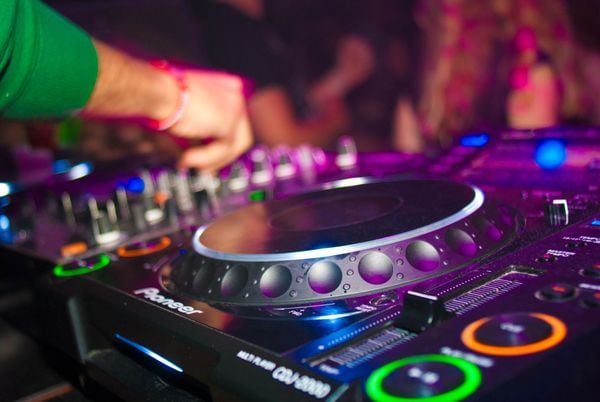
Alternatives to getting permission
If you’re not up to the task of tracking down the copyright owner of the musical work(s), you can purchase a royalty-free license. Note that royalty-free doesn’t necessarily mean the license itself is free, just that you won’t pay royalties for using it. There are free royalty-free options, however. YouTube’s own Audio Library is a good place to start. You can also search for pieces that are in the public domain and therefore free to use.
Compiled by Banca IP Law Firm

